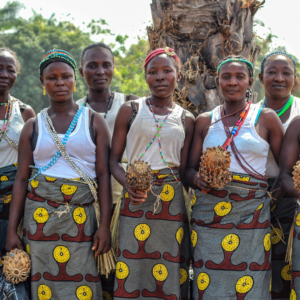Deputy Special Envoy for Syria, Najat Rochdi, emphasized the critical need for women’s meaningful participation in the country’s political transition, warning that their exclusion could undermine hard-won progress. She highlighted that Syrian women, who have endured and contributed through more than a decade of conflict, should have a full role in shaping the nation’s future. Despite six women being elected to 119 contested seats in the new transitional People’s Assembly, their representation remains far below the societal and political contributions women have historically made, prompting calls for future electoral processes to safeguard and enhance women’s participation. Rochdi stressed that women’s involvement is not merely symbolic but essential for establishing the rule of law and equality in post-conflict Syria.
Turning to the broader political situation, Rochdi described the 5 October indirect elections for the transitional legislature as largely peaceful but noted shortcomings including under-representation of women and minorities and opaque procedures. While the UN did not participate in the elections, it advised authorities on the importance of transparency and inclusivity. Rochdi also called for a faster and broader lifting of economic sanctions to support the country’s transition, underlining that significant international support will be required for its success.
On the humanitarian front, Ramesh Rajasingham of the UN aid coordination office reported that over 70 percent of Syrians continue to need aid, yet the UN response plan is only 19 percent funded, one of the lowest among major global appeals. He warned that without additional funding, aid agencies will have to scale back operations by January, noting that over 340 health facilities have already suspended services, affecting more than seven million people. Rajasingham urged the international community to act swiftly, emphasizing that Syria has a viable path toward a Syrian-led recovery, but achieving it requires decisive, sustained action, including continued humanitarian aid alongside development efforts.






